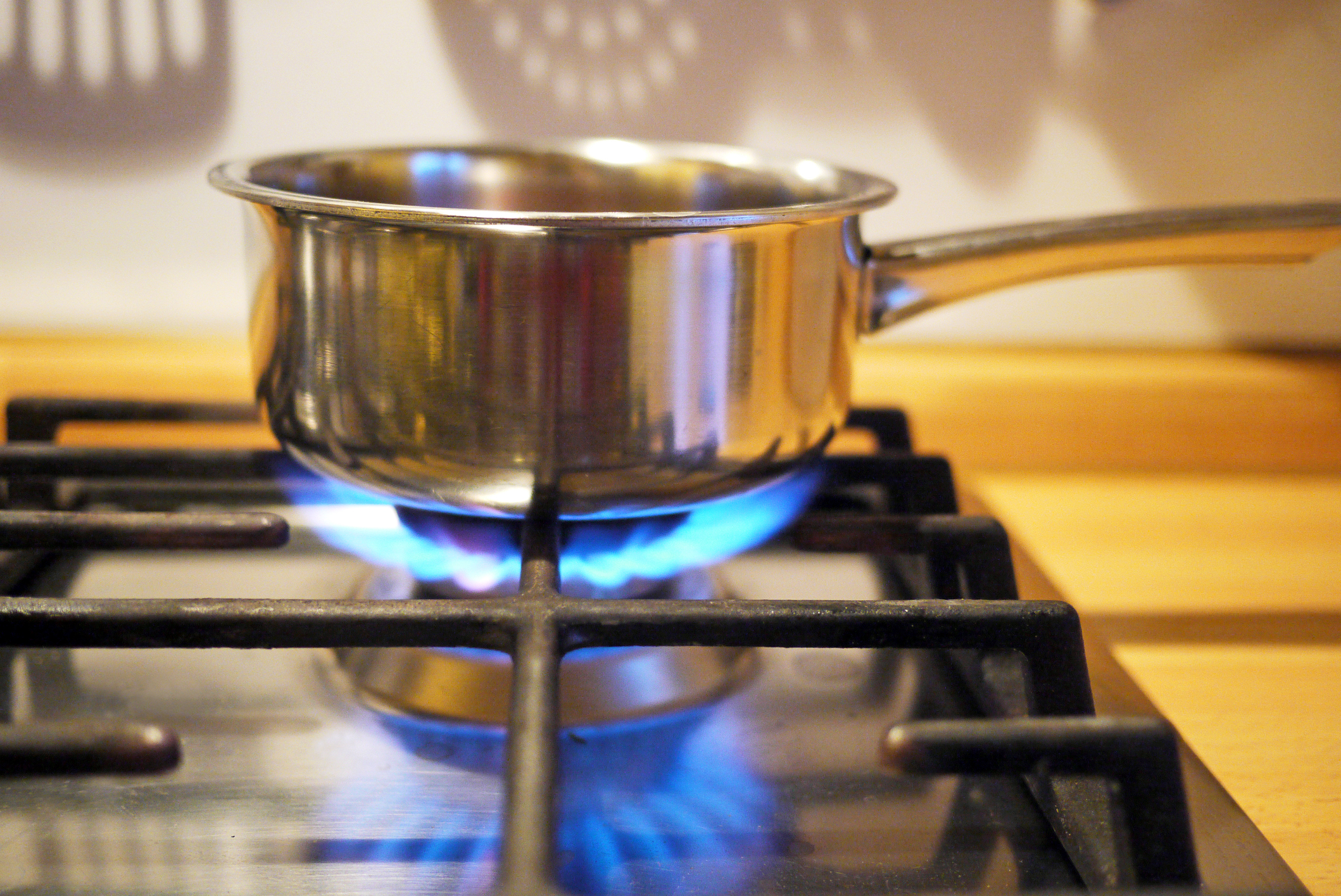Could your days cooking over an open flame be numbered? The debate over gas stoves is heating up in kitchens across the country amid mounting evidence of potential hidden health hazards -- including a link to childhood asthma.
So how safe or unsafe is your kitchen mainstay that is the norm in many homes across the U.S.? Here's what you need to know.
First off, are gas stoves about to be banned? The immediate answer is no.
The Hurricane season is on. Our meteorologists are ready. Sign up for the NBC 6 Weather newsletter to get the latest forecast in your inbox.
A commissioner at the Consumer Product Safety Commission has called gas-powered stoves a "hidden hazard," but the group said they are not looking to ban them. Instead, the CPSC is "looking for ways to reduce indoor air quality hazards" that are related to gas stoves.
"It's extraordinarily unlikely that any future ban would ever require somebody to replace an existing appliance," said Consumer Reports Appliance Editor Paul Hope.
However, some states like New York and California are already moving toward prohibiting the sale of new gas appliances by the year 2030.
So while those with gas stoves can breathe a bit easier knowing they won't have to pay for a major appliance switch in coming years, the question still remains: Are natural gas stoves safe?
Compounding research links gas stoves to health risks when it comes to breathing issues. One study found that nearly 13 percent of childhood asthma cases in the U.S. are "attributable to gas stove use."
"It's terrifying as parent to have a small child, a toddler who has asthma," said Heather Price, whose son was 2 years old when he needed to start using an inhaler.
But after the family moved to a home with all electric appliances 10 years ago, Price says her son's breathing issues improved almost instantly.
"It was the one thing that, you know, the big thing that we changed," she said.
Some say using electric and induction stove tops are not only safer, but more efficient for the cooking process.
"So every chef in the world is probably going to kill me for saying this. But I would say induction is faster, is just as responsive cools off quicker, easier to clean up," said Jeff Jaskot, the owner of appliance store Aggressive Appliances.
Induction stoves are electric and use an electromagnetic field to heat. They are a bit pricier than gas or standard electric, but the cost differential has come down substantially in the last five years.
One other thing to consider before buying one, however: Only induction-compatible cookware can be used with that type of appliance.



